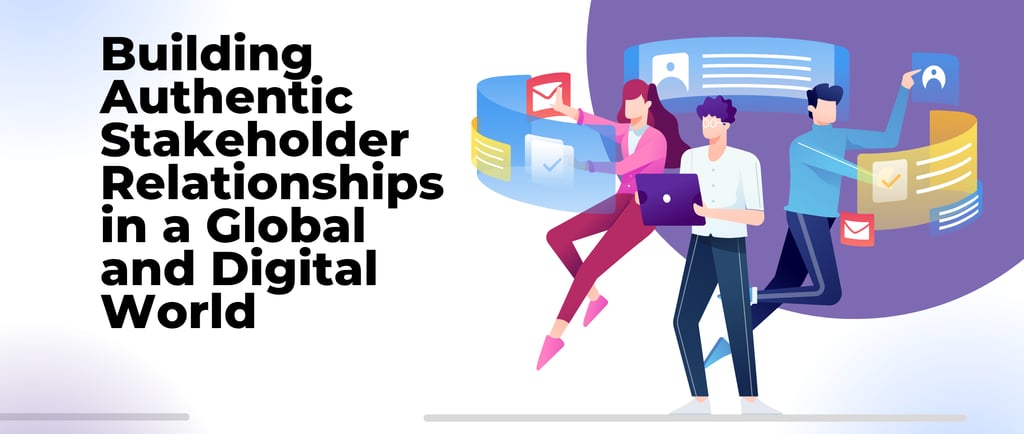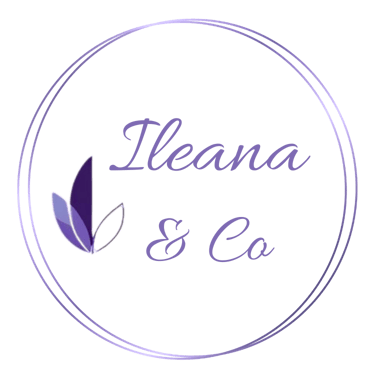Building Authentic Stakeholder Relationships in a Global and Digital World
Do your stakeholders really need managing? Or do they need genuine relationship-building and connection?
Ileana Lupsa
10/11/20252 min read


Do your stakeholders really need managing? Or do they need genuine relationship-building and connection?
From Managing to Connecting
In today's interconnected world, the language we use, our perspectives, our approaches; all matter. The way we talk about "stakeholder management," can sometimes look like we are reducing meaningful relationships to transactional exercises. I think it’s important that we shift our perspective.
Instead of managing stakeholders, we focus on building authentic relationships and creating spaces for genuine engagement. This becomes even more important when working across international projects, where cultural nuances, time zones, and varied stakeholder needs add layers of complexity.
Rethinking Stakeholder Relationships
The term "management" implies control, oversight, and a top-down approach. However, stakeholders aren't resources to be managed. They are partners, collaborators, and community members who bring diverse perspectives and expertise to the table. Whether you're working with industry leaders, government officials, academic institutions, or community groups, effective engagement starts with authentic relationship-building and meaningful connection.
This shift in mindset matters even more in international contexts, where cultural differences shape communication styles, decision-making processes, and expectations around engagement. When we take time to understand the unique profiles and needs of our stakeholders, we lay the groundwork for long-lasting trust and impact.
Leveraging Digital Tools Thoughtfully
The digital era has transformed how we connect across cities, borders and time zones. Video conferencing, virtual and augmented reality, and specialised engagement platforms have become indispensable tools for global collaboration. These technologies are more than mere communication channels. When used effectively, they create transparency, enhance visibility, and build the trust that underpins successful partnerships.
Of course, implementing and adopting digital solutions comes with its own complexities. Is not about just choosing the right tools but also understanding how they interact, integrate, and complement each other to enhance collaboration.
How does your project management platform connect with your communication channels or video conferencing software to keep stakeholders aligned? How do you ensure data flows securely between CRM systems, reporting dashboards, and collaboration tools without creating silos? How do you ensure insights from engagement platforms such as surveys, webinars, or collaboration hubs feed back into your reporting dashboards and decision-making processes?
Maximising the benefits of digital tools for engagement requires strategic thinking about how they function as a connected ecosystem, not just as isolated solutions.
The Human Element Remains Central
Technology cannot replace empathy, shared values, or human connection. Digital tools facilitate our communications and streamline our processes, but it’s people who infuse these interactions with authenticity, emotional intelligence, and genuine care for stakeholder needs and concerns.
Whether you're building new partnerships, gathering feedback and insights, facilitating knowledge transfer, or reaching new audiences, your approach should be centred on creating long-lasting engagement built on trust and understanding.
Creating Meaningful Impact
In the digital and global era, effective stakeholder engagement requires a balance of technological sophistication and human wisdom. We move beyond management mindsets toward authentic relationship-building. We leverage digital tools strategically but at the same time remain committed to empathy and trust-building regardless of distance or cultural difference.
The most successful partnerships won’t be built on control. They will be built on collaboration, empathy, and a shared commitment to creating positive change.
So should we be managing people at all? Or should we focus on building greater things together?
